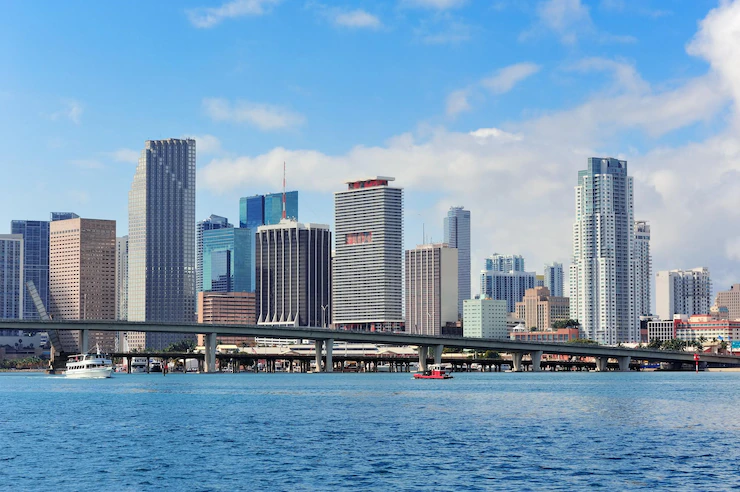5 Things You Must Do When Moving Long Distance

As is the case with virtually everything in life, careful planning has a host of benefits: it reduces the stress that would otherwise be associated with the task, it facilitates completion of the task, and it makes sure you don’t forget anything important.
Moving from one home to another can be one of the most stressful things the average person will do; the following article is intended to ease the moving process with a handful of the most important things you should do beforehand.
1. Inventory Is a Must For a Long Distance Move
Whether you plan to undertake the move yourself, or you are using a professional long distance moving company, you should definitely create an inventory list.
There’s the obvious reason: whatever moving company you employ will need to know everything they’re moving – this will determine the quote. Just as importantly, an inventory list helps keep you organized, and dramatically facilitates the unpacking process later.
There’s also the chance that items are lost during the move. A list will help you know what these are in a timely fashion so that you can be recompensed through insurance, through the moving company policy, or perhaps both.
2. Get The Insurance Coverage You Need

Basically, this means that you should be insured fully for long-distance moves. If you hire a professional moving company, then there’s a very good chance that several different teams of up to a dozen people may end up loading and unloading your belongings. As a result, accidents and negligence can occur.
It is a statistical reality that moving is an industry that is considered “high risk”; especially if it’s moving of the long-distance variety.
The numbers show that out of every 100 moves, 20 end up with insurance claims filed. Insurance coverage is a good idea since the federally-mandated basic coverage only holds the moving company responsible for only 60 cents per pound. Iron the details of what the moving company offers before you go through with hiring them.
3. Organization And Packing For Distance
This is yet another reason to give yourself ample time to pack; you will benefit greatly from organizing as you pack instead of waiting days later to organize at your new place. It can be an exhausting and daunting thing to do this later.
First and foremost, organize the things you’ll need upon arrival and label these boxes accordingly. They will be the last things that are placed in the moving container so they can be the first things taken off. Group fragile in special containers, and bedroom items in another – you get the idea. Start early and organize one or two containers per day.
As for packing for the long haul, you will need to cushion your items with packing supplies. Pack the same way you’d store stuff for a long time. On the other hand, cheap, big furniture can be expensive to tote; therefore you may be better served donating these and buying new stuff once you arrive at the new place.
Other things can be sold via OfferUp, Facebook, etc. It’s a new start, so you might as well clean out the old that still holds some value. Keep these three options in mind to make moving easier: sell, donate, or discard.
4. Name Your Boxes

By this, we mean put your own name on them. This is such an important moving consideration that it may be a great idea to have stickers created with your full name on them, so you can put one on every box. Remember: you’re using a moving company, and you’re not their only client. This helps avoid time-consuming mix-ups later.
5. Do Not Pack Perishables
You wouldn’t believe how often this happens. When you pack food and liquids (drinkable) for a long-distance move, it is almost inevitable that these will pick up undesirable sojourners. The squeaky, beady-eyed kind; not to mention the many-legged variety.
Even liquids that aren’t meant to be drunk can be forced open on any of the numerous wide turns that the moving containers may make, so it is best to eliminate these or keep them to an absolute minimum. Bleach is very inexpensive, for example; give your bottles to a neighbor and buy more when you arrive.
Hopefully, this list has given you the confidence to prepare. Double-check it, and make sure your insurance can cover common (potential) eventualities. This will reduce how much you end up spending on late fees – whether you’re using a professional moving company, or doing it yourself with a rental van or container. We wish you luck in your moving endeavors.
Read Also:











Leave A Reply